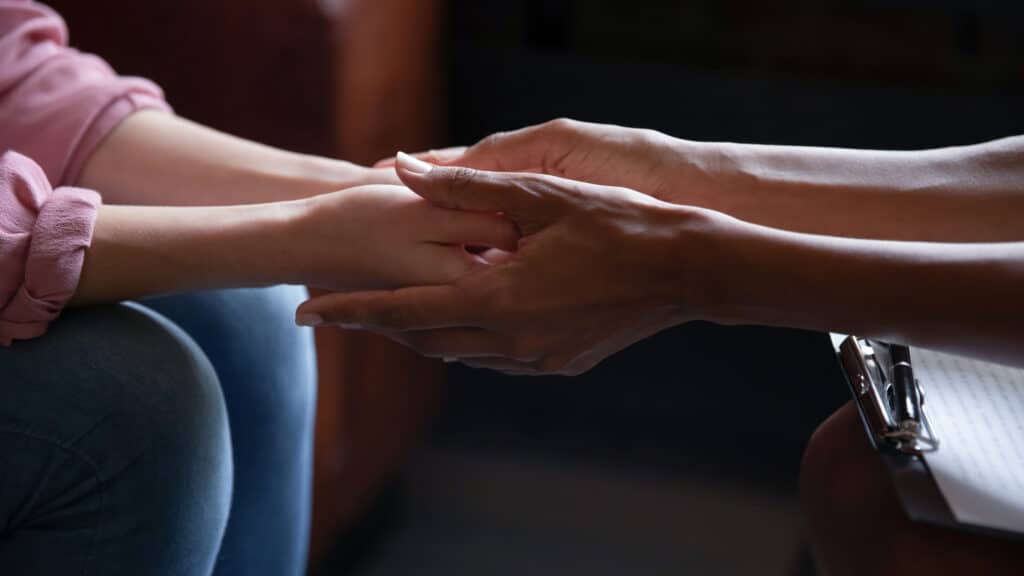Domestic abuse takes many forms and the more we learn about the issue the more complex it becomes.
Today, we understand that domestic and family violence covers issues like financial abuse, coercion, verbal abuse and sexual abuse as well as emotional abuse and social isolation. There can also be overlaps and religious and/or cultural nuances. Unfortunately, as perpetrators try other ways to control and harm victims, we must add more things to the list.
One type of abuse that remains under-examined however, is medical abuse.
This is a type of control exerted by perpetrators to restrict their victims from attending medical appointments. It creates social isolation, for victims and prohibits victims from speaking transparently with health professionals. Abusers may physically harm victims and block them from seeking treatment.
And it can be even more debilitating than that. More insidious types of medical abuse cover areas such as forcing victims into continuous pregnancy, denying access to contraception, forcing intimacy soon after birth, coercing selective abortions and denying maternal health or prenatal exams.
Medical abuse can be extremely detrimental to the long-term health of victims, at times leading to injury, disability or even death. That’s why I believe it’s important that we classify this separately.
We talk of patient abuse, whilst individuals are in the care of medical staff, and we talk of doctors giving wrong medications or diagnoses, but that’s when the patient receives care. What about those victims of medical abuse? Those who receive no care, or restricted care, or monitored care? Those who many times suffer in silence and ongoing pain?
We need to ensure that access to healthcare is a fundamental right and can not be used as a tool to control and abuse victims.
When we look at deaths from domestic abuse, we talk of those women being killed in often brutal, headline-grabbing ways. What of those women who have had an acquired brain injury, when she was strangled or physically abused and was unable to gain medical attention? What of those women whose bodies and minds have been wracked from years of abuse, without any medical intervention and have, out of desperation, suicided?
These deaths are not immediate and the outcomes of a lack of medical attention may not be seen as a priority. Strokes can happen many years later, which can be fatal or disabling, embolisms can form, limiting the quality of life and lifespan, internal organs may be damaged, untreated broken bones and mental health issues can be debilitating and life threatening. We’re not counting the loss of these women as domestic homicides and we should.
Medical abuse needs to be considered more seriously, and medical staff must learn to read the cues about victims and their perpetrators that come into their surgeries or hospitals and treat the victim with care and expediency, making sure that risk assessments are considered, and her ongoing welfare is paramount.
f you or someone you know is in need of help due to sexual assault or family and domestic violence contact 1800RESPECT on 1800 737 732
In an emergency call 000. Lifeline (13 11 14) and, for Aboriginal and Torres Strait Islander people, 13YARN (13 92 76)

